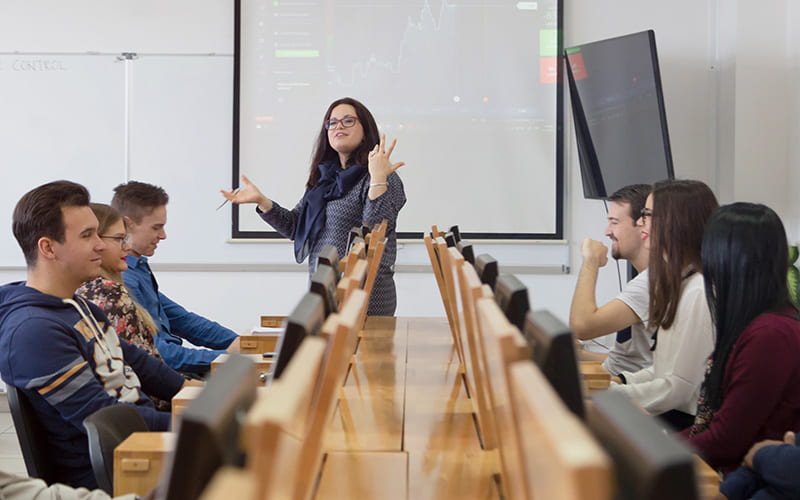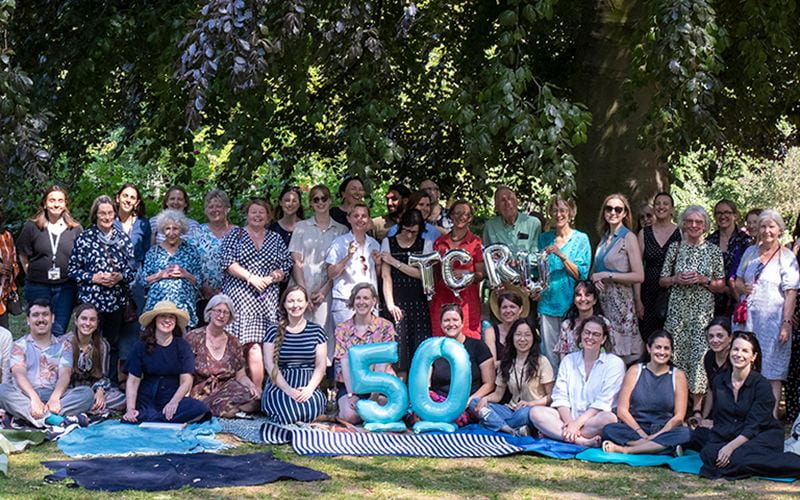EdTech. A solution looking for a problem?
By IOE Blog Editor, on 17 September 2024

Credit: pressmaster via Adobe Stock.
17 September 2024
By Wayne Holmes
This commentary is adapted from Wayne’s contribution to the ESRC Education Research Programme event, More or less technology in the classroom – the value and purposes of technology use in schools. Watch the event recording on UCL Mediacentral.
Technologies have long been designed for use in education. However, the ‘potential’ of this EdTech, especially AI-enabled EdTech, has been frequently overstated and its limitations underexplored. In any case, while EdTech offers ‘solutions’ to a variety of educational problems, not only do they rarely actually ‘solve’ the problems that they target, it isn’t even clear whether they are the ‘right’ problems in the first place. (more…)
 Close
Close











